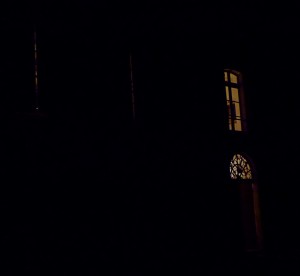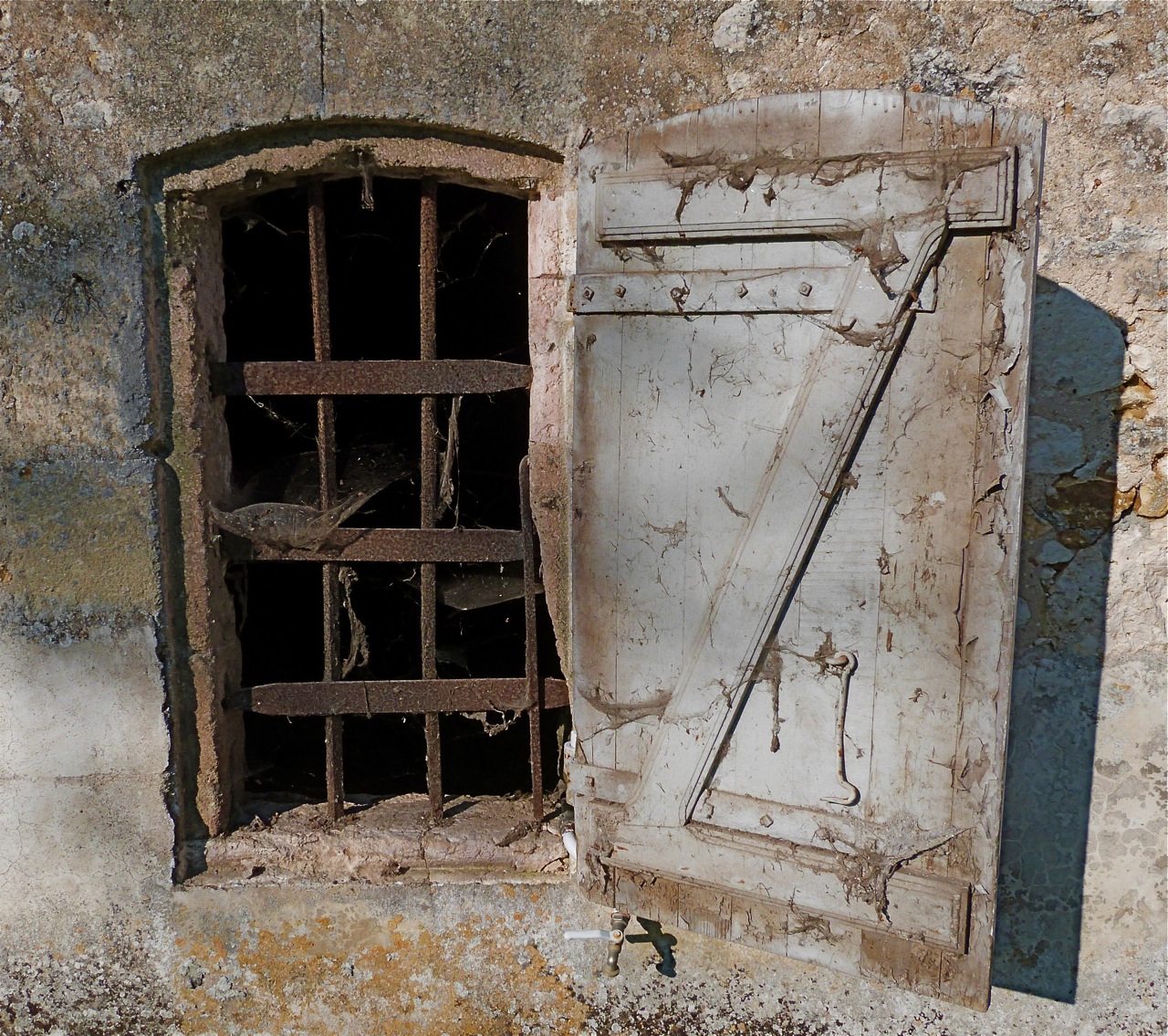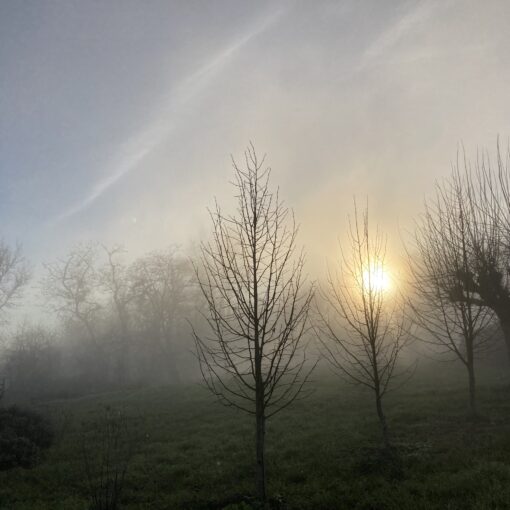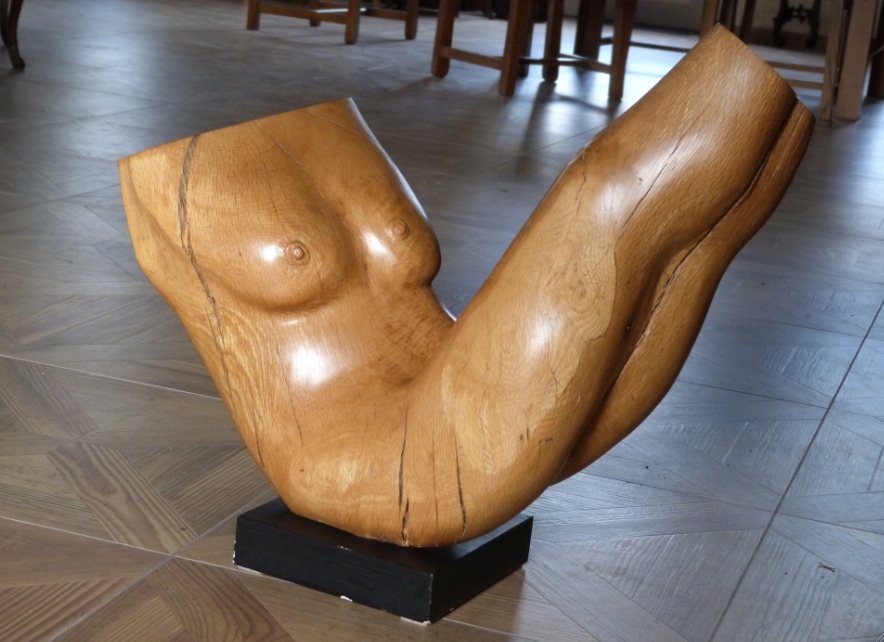 It was midnight. The man and I sat on the river terrace and stared mutely at the façade. Only one light came through the darkness, our son’s bedroom. The other occupants had retired for the night.
It was midnight. The man and I sat on the river terrace and stared mutely at the façade. Only one light came through the darkness, our son’s bedroom. The other occupants had retired for the night.
The locals call the house “le chateau” as they have for hundreds of years. But although I’ve adopted their nomenclature, to me she is a fragile lady – as in lords and ladies, ladies in lace hats and white gloves, ladies who keep linen in lavender be-ribboned cupboards, ladies who dress for dinner and ring a silver bell between courses, ladies who write up the week’s menus in advance and post them imperiously for the cook, ladies wearing Dior skirts that have seen better days, pruning their rose gardens for house bouquets…
In short, a rarified species dependent on the whims of humans who pass through her doors, verging on obsolescence, but one that nonetheless you would hope to preserve from extinction.
We had just rushed here from Paris after a worrying message from our son. He recounted a troubling scene: our resident mistletoe (and trusted employee) had helped the queen make a phone call this morning. They didn’t take much note of the adolescent at his bowl of corn flakes. Apparently resident had taken the initiative and prompted this call, when he learned that the family had decided to move Maman and Papa to Paris where we could take better care of them.
That had been an agonizing decision. Maman had resisted of course, resisted ferociously, but the man and his sister had talked her through it several times, and with the help of the doctor and of friends, she had agreed it was for the best. After a series of small strokes, her periods of lucidity were diminishing. Papa’s fragility due to Parkinson’s was even more alarming.
But resident had much to lose if they moved away: only six months to find another place and another job. The corn flake eater heard: “Mais Madame. This is your home. You can’t let them boss you. You are in charge. ” Clever stratagem – call the queen’s lawyer and pit parent against children. Fortunately the lawyer was out. They left a message.
The family lawyer, a man we have known for years, was relieved when we called immediately. “I have a 95 year old aunt in the same situation. You can see if there is medical justification for putting your mother under legal guardianship. If not, I will be obliged to act against you on my client’s behalf.”
Our minds reeled. We had been delicately tip toeing through a labyrinth of dementia and frail bodies; reasoning and coaxing rather than issuing edicts and ultimatums, while under our very eyes a mannerly predator had succeeded in rupturing the filial alliances.
A scramble of medical appointments, family meetings, legal consultations. Most of all, a battle to wrestle back trust with the queen.
But resident proved resistant; even if his tasks went undone, he remained eminently chivalrous, egregiously courtois. Where we brought tidings of real world complexity, he brought her messages of former day glory. When she spoke with him she gazed into a dementia-fed mirror and he reflected back her former self, a younger, beautiful, powerful self, standing in command at her helm.
Now we flogged ourselves – each time we had left, we thought we were leaving them in good hands. So busy putting out the fires of sudden failing health, we hadn’t paid enough attention to other signs. Personal bank statements opened by accident. Spotty accounting of the petty cash. Cheques written for maintenance goods that didn’t always materialize. But eventually an encroaching shadow became impossible to ignore. Flurries of cryptic messages from visiting nurses. A letter from the bank. A worried note from a neighbor.
Our “employee report meetings” took on a different tone. When I would ask for the usual expense sheets or project reports or maintenance receipts… or why the queen had paid his speeding tickets, or why he left our fragile elders on their own in an empty house one night, against all common sense and prior agreements – he smiled his courtois smile and stated that his contract was with the queen, and her only. Then he would wink and remind me that in France the employment tribunal is always on the side of the worker and what judge would have any sympathy for us?
Besides. Our declining matron would not even think of questioning her aide de camp. Her greatest concern was his well being. “Please make sure he gets his newspaper tonight, I know how he loves the book reviews after a hard day at work.”
We found ourselves relegated to the far side of the Channel. It was no longer even a question of “a third more opulent.” The queen had tossed away the reigns to the highest bidder.
As resident became knight, we witnessed the evolution from caretaker of a place to possessor of a place. The term “possession” took on infinite new meanings.
* * *
Strangers in our own home, we sat on the river terrace that night after tucking the elderly into bed like small children. Where I have often felt the great spirit hovering all around us, I now sensed a dissipating veil, something transparent but tangible dissolving into thin air. Her presence was hard to feel, I worried if she was evaporating.
We used to joke about the house ghosts, wondering if they have any connection with the great spirit of the place. Do they thrive on the energy? Who savors what? What nourishes whom? Who is protector, who is protected?
Yet there was no banter that night. Finally the man said: “For the first time, I feel the dark side is taking over. I am no longer confident we will win.
* * *
In that arrested, paralyzing, powerless time of shadow, signs grew more flagrant. Antiques gone missing from attics. A car “borrowed” for a day that became a week. Vestiges of liaisons in a far off, third floor bedroom. On the hapless day we discovered twenty two cases of wine spirited away from our locked winery, the theft cleverly hidden by the shifting of boxes so that the gaps underneath would not show – something like a chocolate cake eaten out from the underside, with its pretty frosting left intact – we knew we had entered another era.
But we had no proof. The gendarmes shrugged their shoulders.
* * *
And then one day the day the queen stumbled and fell. Again, at a precarious spot the resident mistletoe had promised several times to repair. After the nurse arrived to bandage her, the gardener and I set out to gather materials and do the job ourselves.
We expected to find our tools and the errant knight in his workshop; what we stumbled on instead was mistletoe in flagrant tryst.
* * *
The family convened. Established the date. Faced with the inevitable and beset by fog, the queen’s mind went to another place. Sons and daughters became enemy, while mistletoe cum knight, frozen in a privileged place in her imagination, became suitor.
On the day of the grand departure, orchestrated with minute medical detail and carried out under a blanket of fury and blame, Papa was laid on a pallet and carried into the back of the waiting ambulance. Despite the Parkinson’s that had made him quite weak, he understood the current dangers and he thanked us. Then resident came to say goodbye with a magnificent bouquet of flowers. The queen accepted them royally as she was ushered to her seat. Her son tried to kiss her goodbye, but she turned her cheek. She inclined her gaze instead to her knight suitor and in her best 18 year old coquette’s face and coquette’s smile, she blew him a kiss.
The chariot for Paris sped out under the tower, through the Grand Portail. It was their last exit from their beloved home.
From there, we painfully, legally and physically pried the mistletoe from the tree. And learned a hard lesson. Despite our earlier assumptions, the great spirit of a place can be endangered, just like wildflowers or trees or animals.
* * *
So we purged. Removed. Cleansed. Smoked with sage. Flung doors and windows open to the light. Cut lavender and filled every room with their fragrant grains – against parasites, against everything that would eat without asking permission, without giving thanks.
And then, silence.
The house yawned; we echoed with exhaustion. The grass grew high, the ivy crept under the roof tiles, the thorn bushes rose and twined. Oh, the quiet.
Like Sleeping Beauty’s Castle, it all went to sleep.
Inevitably some people would cluck at us. “The geraniums have gone to straggles, the dust is mounting, the paint is peeling…” We wanted to explain that like a field needing to lie fallow after years of production, the house needed to go quiet for a while to regain her powers. But we ended up saying little, mumbled phrases like – benign neglect; that without help, it was simply impossible to keep up with the maintenance. And besides, we were tired. It was time to tend to matters we had neglected – our children, our work, our friends, our health.
As the chateau nodded off, we patched up an old, adjacent barn, a forgotten, unwanted place where no one had lived for a hundred years. We pulled our blankets up to our chins, dozed with one eye open.
I continued to make my usual rounds through the house  and on sunny winter days I opened every window and let the dust motes dance in the beams.
and on sunny winter days I opened every window and let the dust motes dance in the beams.
Sometimes I mourned for my old bedroom on the river. For the sound of the fish plopping and the spectacle of dark river illuminated in moonlight. But not wanting to disturb this enchanted rest after battle, I kept my distance.
In time a couple of guardian angels showed up to help keep the watch. Their decency had its own effect on the settling. Like an essential but mysterious element in a chemical formula, we needed their goodness to complete the transformation.
 By the end of a year’s cycle, the only elements at work were the vineyards and fruit trees.
By the end of a year’s cycle, the only elements at work were the vineyards and fruit trees.
Oddly enough we made a hundred pots of jam that summer, the trees bent double with the weight of all that fruit.






